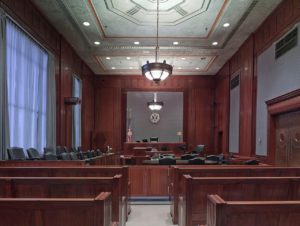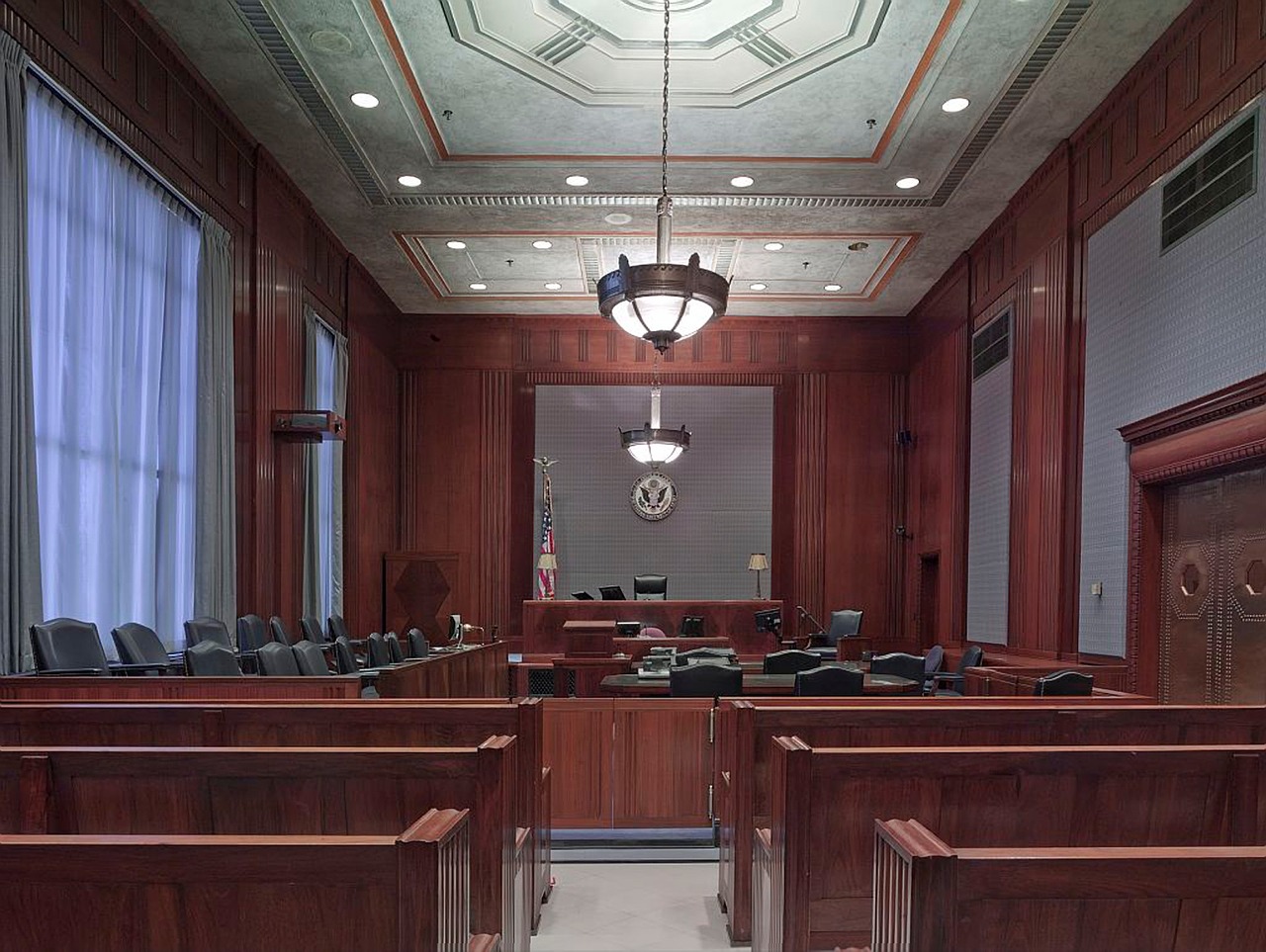Being arrested and charged with a criminal offense can be a frightening and confusing experience. This is especially true if it is your first arrest. Not knowing what to expect can be as stressful as worrying about the outcome of your case. To help ease a bit of your anxiety, a Murfreesboro criminal attorney at Bennett | Michael | Hornsby explains what happens when you go to court in a Tennessee criminal case.
Arraignment
Also referred to as an “initial hearing,” this is the first time you will appear in court. If you remain in
Preliminary Hearing
The next time you are likely to be required to appear in court will be for a preliminary hearing, usually in General Sessions court. General Sessions court has jurisdiction over misdemeanor cases. At the preliminary hearing, the State (through the prosecuting attorney) has the burden of proving that there is probable cause to believe you committed to crime(s) you are charged with committing. Your attorney will argue that there is no probable cause to believe you committed the crime(s). If the court finds that probable cause exists and the charge(s) is a felony, the case goes to the Grand Jury. If the case is a misdemeanor, the next step is a plea agreement.
Grand Jury
If the charge(s) involves a felony, the Grand Jury will determine if the case should proceed to trial. The Grand Jury is an independent group of private citizens who listen to the State’s evidence and witness testimony. The defendant and his/her attorney are not present at a Grand Jury hearing. If the Grand Jury decides the case should move forward, they return an “indictment” which is essentially just a formal way of charging a defendant with a criminal offense. In a felony case, the next court appearance you will attend is a second arraignment in Criminal or Circuit Court.
Misdemeanor Plea Agreement Hearing
If you are interested in resolving the case without going to trial, the prosecuting attorney and your attorney will attempt to work out a guilty plea agreement. You are never required to plead guilty. If an agreement is reached, you will appear before the judge and the terms of the agreement will be explained. The judge has the authority to accept or reject the agreement. If the agreement is accepted, you will likely be sentenced at the same hearing.
Trial
In felony cases and misdemeanor cases that were not resolved at the plea agreement stage, the next stop is a trial in Criminal or Circuit Court. You have the right to an attorney and to a trial by jury, consisting of 12 members of the community. You may waive your right to a jury trial and proceed to a “bench” trial or a “trial by judge.” In that case, a judge decides the issue of guilt instead of a jury. At trial, you also have the right to confront and cross-examine witnesses against you and to remain silent, meaning you cannot be forced to testify. If you are found guilty, you may be required to return to court for sentencing if the court orders a pre-sentence investigation.
Contact a Murfreesboro Criminal Attorney
If you or your child have been charged with a criminal offense in Tennessee, it is in your best interest to consult with a Murfreesboro criminal attorney at Bennett | Michael | Hornsby as soon as possible. Contact the team today by calling 615-898-1560 to schedule your free appointment.
- Understanding the Role and Responsibilities of a Trustee - April 23, 2024
- When Are Miranda Warnings Required? - April 16, 2024
- 5 Benefits of Mediation in a Tennessee Divorce - April 9, 2024







